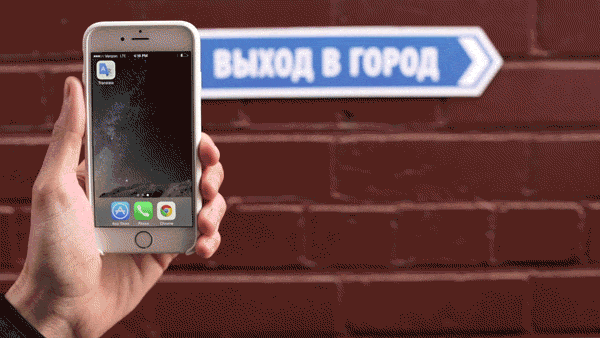Last Wednesday Google added a very interesting feature to
its 'Google Translate' app, allowing users to instantly translate texts just by pointing their smartphone
camera at words in a foreign language.
Another new feature has the ability to translate
speech in real time into other languages, and vice versa, almost like the Babel
Fish from ‘The Hitchhiker’s Guide to the Galaxy’ (although not as quickly). Is
the future already here?Potentially, such application could have tremendous effect
on the way we communicate. The whole concept of learning a foreign language
might disappear. Will there still be a necessity for memorizing Chinese
hieroglyphs or French grammar, when a machine could make you understandable to
anyone in any part of the world? Provided the technology works, of course.
Let’s give it a try.
The app copes with translating the book title into
Russian pretty well.
And it can even understand the hand-writing.But what if one tried to translate something more
elaborate than a restaurant menu?
As you can see, the interpretation of McLuhan's "Understanding Media" from Russian to English is completely gibberish.
The same goes for the audio feature. Arabic to Russian
and Chinese to Russian translations were working properly, until we tried
saying something more difficult then “hello” and “how are you”.
Probably, this
technology will not make the whole industry of learning languages vanish any
time soon. However, it could be quite useful for travellers. And, who knows what
might happen in the future, when the app is significantly improved?
For more information:




Interesting review of the technology . Especially the bit of its ability to translate hand writing. I think you agree with me that google could be able to improve the accuracy of the translations by deep and intensive theoretical and practical work and research in languages entries to the programme ,its structures and its similarities and differences.Of course It needs long difficult work and professional translators from all languages but gradually the translation by Google for more complicated high level structures will be more accurate. Then absolutely this technology, translation by scanning and voice recording, will contribute to easier spread for knowledge and communication.
ReplyDeleteInteresting discussion here. I wonder what effect this kind of technology has on human interaction as we know it. OK, the technology at present, and as proven by Ksenia, is pretty unreliable, but if it were to improve and people began to trust it, then can you imagine how, for example, people would interact when on holiday or trying to do business in a situation where they didn't have a shared language? Is this the next step in "the machine age", where we use technology to simulate real life.
ReplyDeletePart of the joy of human existence, for me, at least, is the challenge that every day encounters can present. I don't want a quick computerised solution.
So what is happening to our brains? We won't need to learn languages. We can become lazy and passive? Think about how terrible your memory is, and that it doesn't matter for example, whether you can recall the name of a film that you saw, as you have the internet ready to act as your memory and knowledge base.
A conspiracy theory: maybe the technology companies are intentionally re-wiring our brains and making us depend on them. What would happen if all the technology that we use was suddenly taken away from us?
I'm curious to know what the rest of you think!